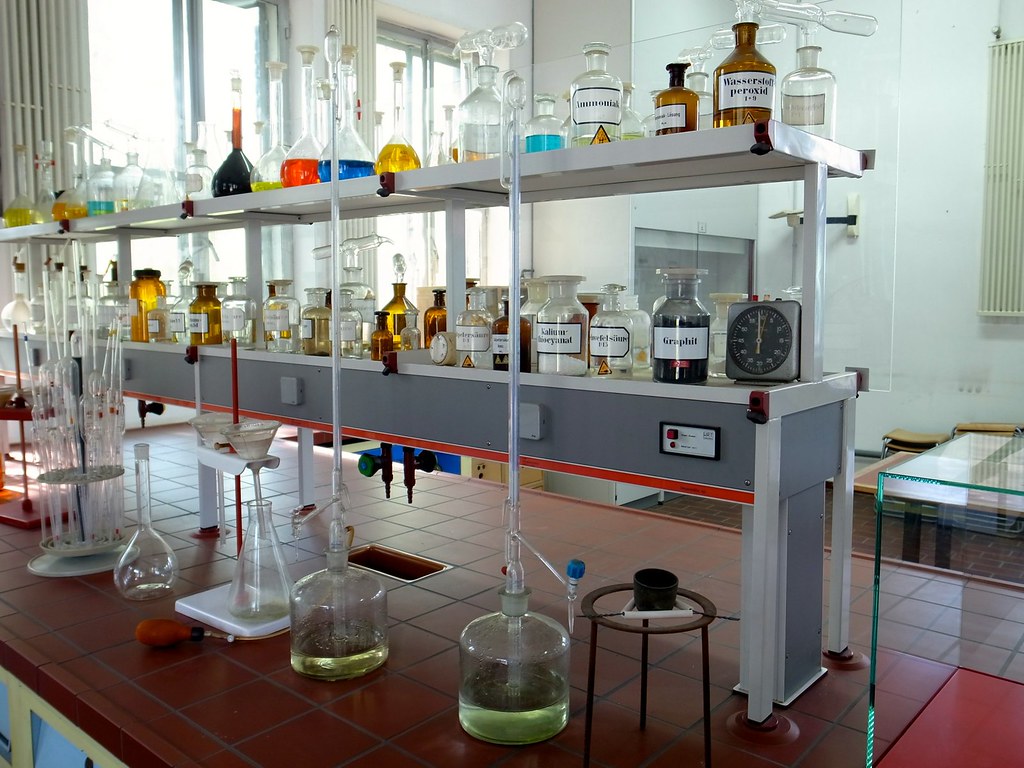Wastewater and COVID-19
As college students have returned to school and positive COVID-19 cases have gradually risen, the yearning to return to daily life as Americans knew it has become even more pressing. Significant hours have been put into researching the pandemic in an attempt to come up with some kind of solution. For now, the best method is to avoid contact with too many people, wear face coverings, and practice social distancing. The many routes that COVID-19 can take to spread further has become an urgent concern to scientists discovering more about the virus. In addition to the most obvious causes for spread such as close contact or shared space with the infected, services such as postage and package delivery have even been suspected to spread the virus, inevitably causing many deliveries, including medical orders, to be delayed.
This fervent search for possible methods of infection has bled over into concern about wastewater and whether or not it may be a factor in aiding the spread of the pandemic. Increased research has gone into determining if COVID-19 can be spread through sewage. Results have come back inconclusive for the time being as there is no solid evidence to prove that the virus can survive long enough in sewage to possibly infect someone else who may come in contact with it. COVID-19 can only survive on its own for about four hours, or up to 72 hours in rare cases. With this in mind, it becomes difficult to discern if the idea of catching COVID-19 from wastewater is actually a noteworthy threat.
Looking Further
Of course, more research means more information to innovate with. One positive effect that frantically searching for new ways to treat wastewater has had is faster development of methods to treat sewage for parasitic worms and viruses like E. Coli. Another parasite that is usually transmitted through wastewater is roundworm, which infects about one billion people around the world. Roundworm poses an even larger risk due to how difficult it is to kill the eggs, therefore demanding more intense treatments. Environmental engineers Jennifer Becker and Eric Seagren have worked towards developing treatment methods for biosolids like wastewater and sewage sludge at Michigan Tech. The methods are low-cost, and their sustainability makes them an attractive option. However, the new treatment methods would only be put into use in the US if they can be proven to kill off roundworm eggs by two orders of magnitude.
Fortunately, there are already many methods of treating wastewater to kill dangerous viruses and parasites. One frequently implemented process is thermal hydrolysis. This method heats the water to a temperature and pressure higher than levels that biosolids can survive, effectively bringing the wastewater to Class A requirements. The two methods of thermal hydrolysis are continuous, which puts out many small amounts of clean water, and batch, which puts out a few large amounts of clean water. Another method is the Biocon Energy Recovery System, which uses anthropogenic (human-generated) chemicals to treat biosolids that are especially hard to break down.
In order to implement these up-and-coming technologies, it is important to get the Houghton-Hancock community involved in the National Wastewater Surveillance System (NWSS). By persuading local partners to become engaged in working towards a solution, applying Becker and Seagren’s research as well as the previously mentioned treatment methods will make the water in the sister cities much cleaner and safer. These local partners include already established treatment plants, laboratories, and health departments. Once local partners are open to conducting more research, members of the community, including year-round residents and college students, would be able to aid research by providing samples of their wastewater. By joining forces as a community, Houghton-Hancock can treat their water more efficiently and hopefully reduce the spread of COVID-19, E. Coli, and roundworm.


